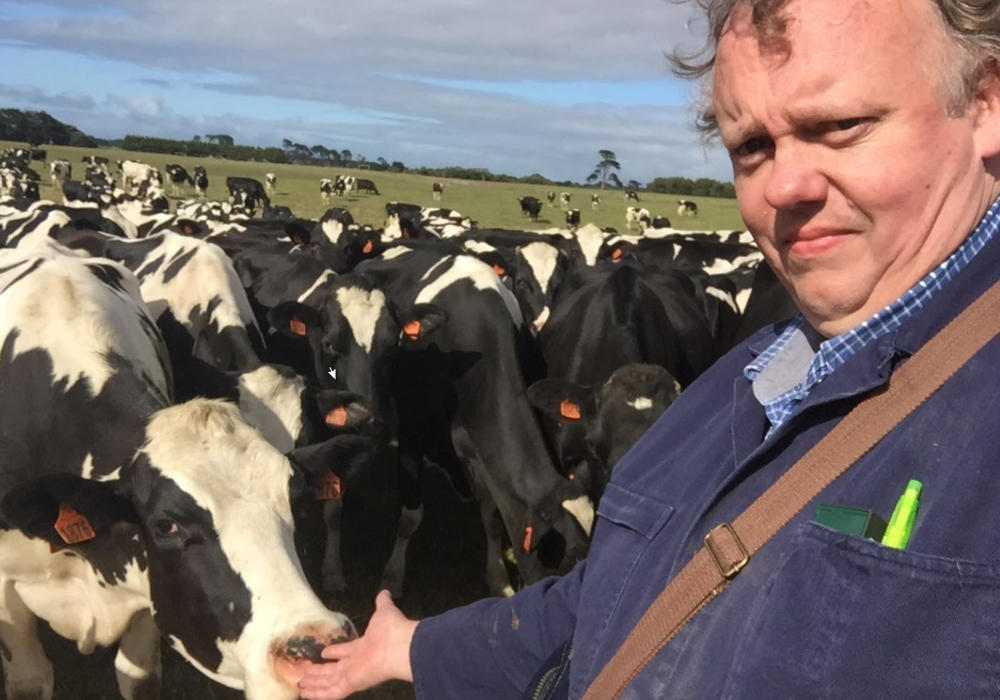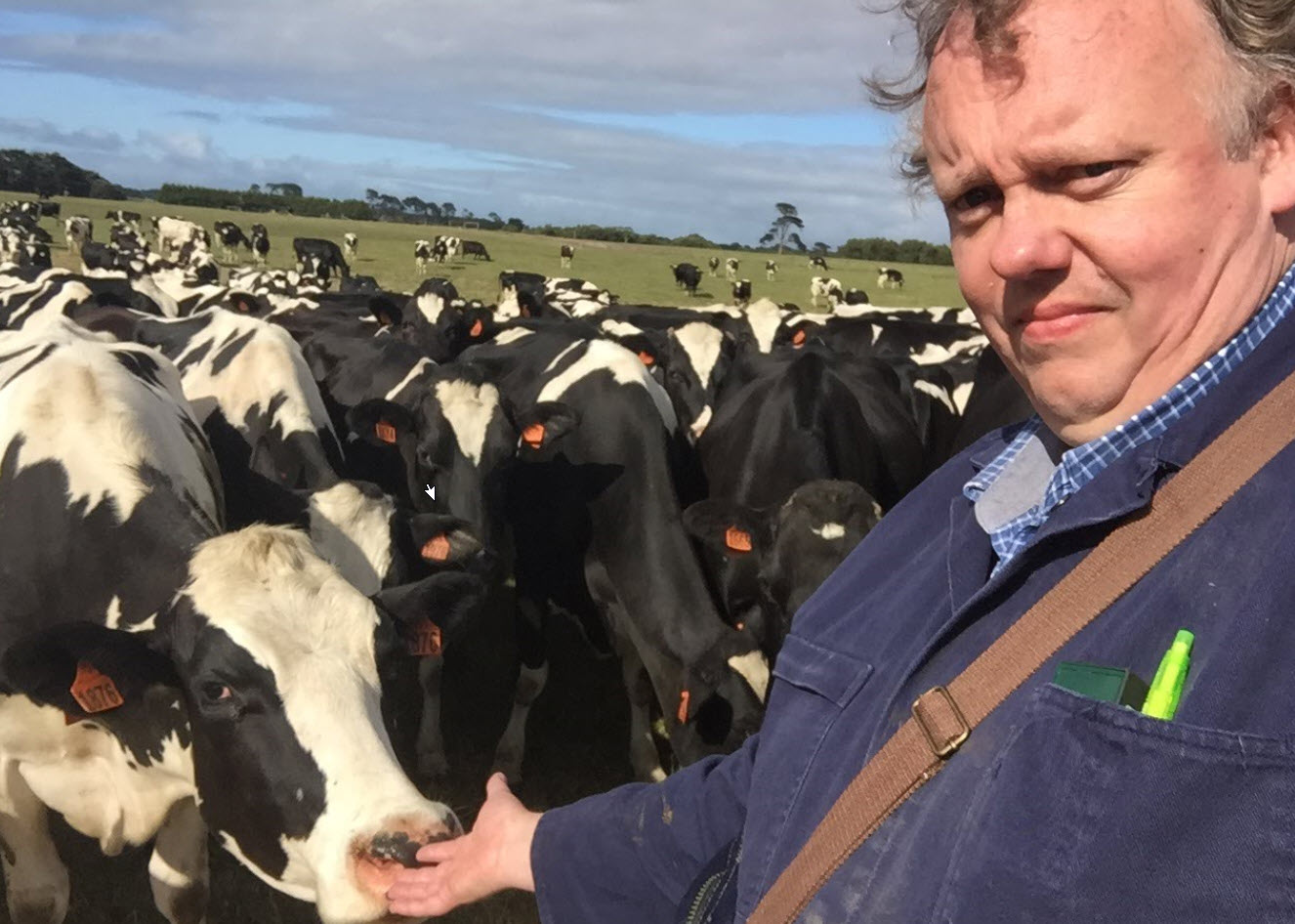
Animal welfare cannot be bogged down in the debate between economics and ethics says top researcher
CAREER veterinarian and Melbourne University lecturer Dr David Beggs this week delivers one of the most provocative podcasts in the Te Mania Angus RawAg series.
After swapping more than 25 years of field work to become a lecturer/researcher, his work has taken him down the path of economics and emotions based around the emerging field of animal welfare.
Not the emotive issue capturing mainstream media headlines; but the quantified research based around how the animal is coping within the conditions in which it lives, how the animal perceives its own condition.
And this, David stressed, must not be confused with what humans think about the issue – that is animal ethics.
“Researchers like me spend a lot of time trying to get inside an animal’s head; to know what it is thinking,” David said.
“The classic view of the animal welfare scientist is that a dog being bred for food in Vietnam has the same animal welfare requirements as a lapdog in Toorak – both need a good life and a humane death,” he said.
“Whether humans think this is a good thing to do, the animals still have a right to a pleasant life and humane death. The timing of death isn’t an animal welfare issue, but the nature of it is.
“Whether you chose to eat dogs, whales or, indeed, cattle this is what we are trying to sort out.”
David said if the abattoir rings and says it is overloaded; or has too many off sick and puts your processing off for a week, there’s no approval or celebration they lived another week, it’s more the case animals should never suffer, just as it is with humans.
He said we all do things that cause us to have a reduced welfare outcome in the short term, for long-term goals.
“Animals will also have good and bad days, just like us, what we need to think about preventing is their unnecessary suffering. For example, when an injured animal is found it is acceptable to euthanise it but if rescuers choose to not just save the animal but to rehabilitate it before releasing it back into the wild this will involve that short-term reduced welfare outcome,” David added.
“One of the interesting things about wildlife, that are often conveniently overlooked, they have lot of bad welfare issues around them – starvation, predation and disease. That doesn’t happen with animals cared for by humans but consider this, very few wild animals die peacefully in their nests or burrows surrounded by their loved ones,” he said.
“In most cases farmed animals have way-better outcomes than their wild counterparts.
“Those animals don’t have the agency to direct their own fates but we tend to project that human emotion onto animals; it is a very human thing to do.
“On farms we can give them security, they can choose what and when they eat, they can choose to mix with this animal but not that one, and in that sense they have a much better life than many wild animals, and in some cases, humans.”
The David Beggs’ podcast can be found here on RawAg Episode 6 or on Spotify, Apple Podcast, or your favourite podcast app. Don’t forget to subscribe, rate and review.

